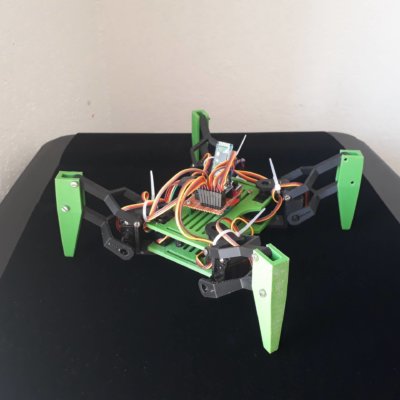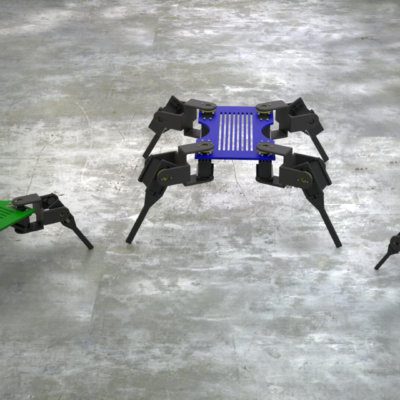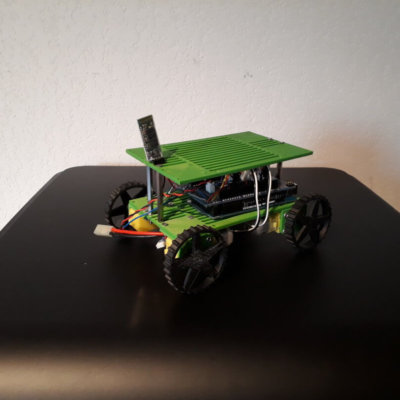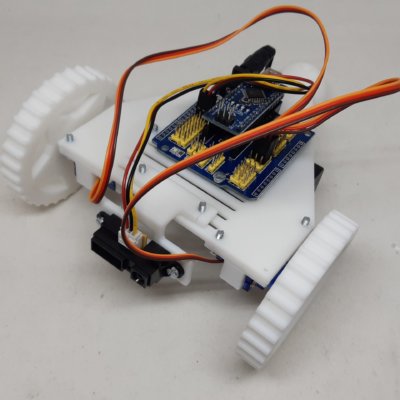Whether you’re doing electronics, mechanics or any other kind of tinkering, you need a number of essential tools. Whether for safety, speed or precision.
Notebook and pencil
Yes, yes, I swear! We couldn’t think of a better way to lay down ideas, record measurements, make plans, sketch diagrams, algorithm structures or draw parts. It’s also a great way of getting organized and keeping a written record of your project so that it can evolve. Whatever you do, I advise you to start with pencil and notebook.
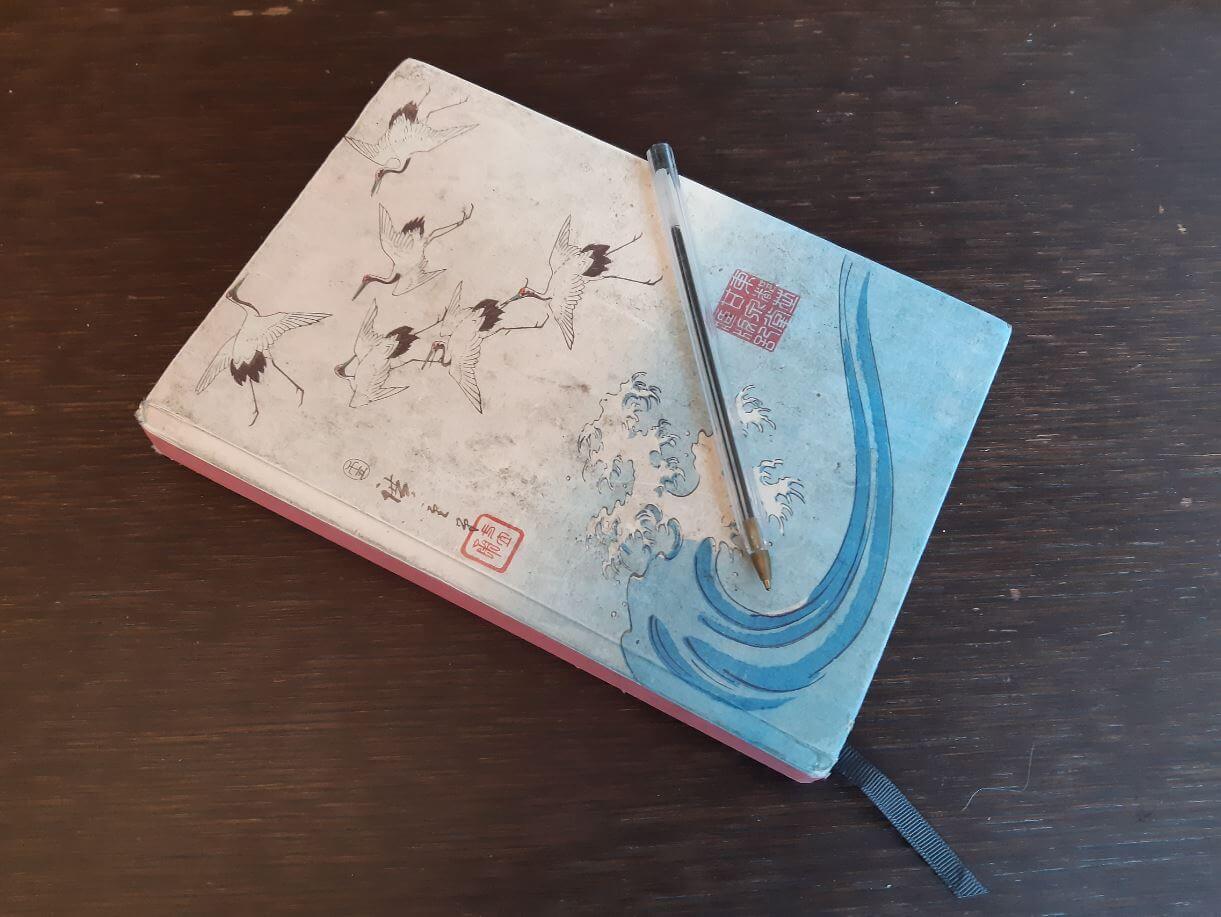
Screwdrivers
To work with electronics, to build wooden structures out of plastic or metal. At one time or another, you’ll need screwdrivers. The more screwdriver heads you have, the better.
My advice is to take a set of Phillips and flathead screwdrivers of different sizes (the sizes you choose depend on the screws you use most often) and a set of bits.
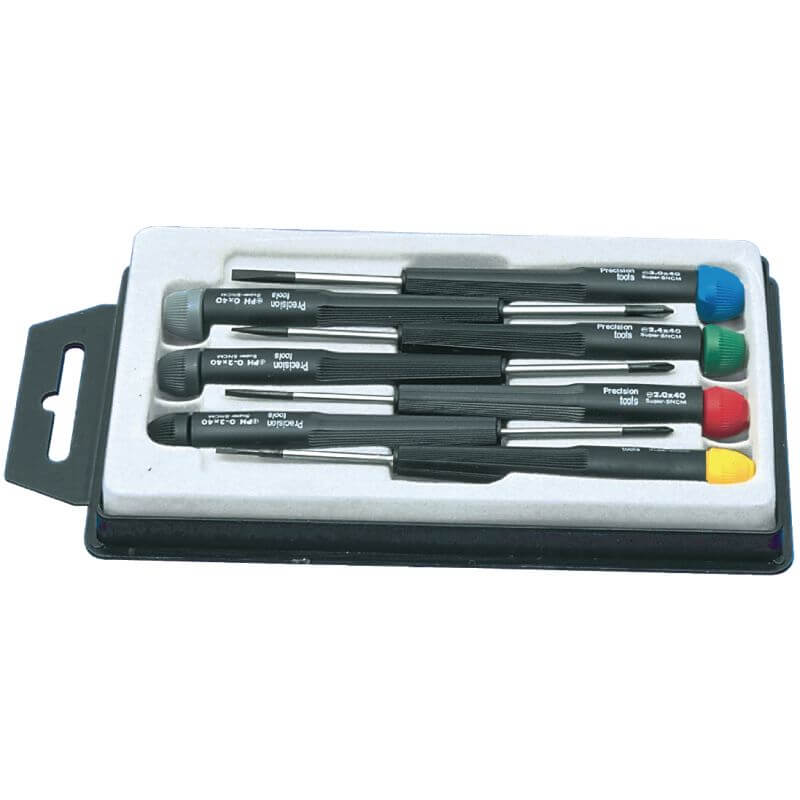
Soldering iron
Soldering iron est un incontournable dès qu’on commence à faire des montages électroniques en dehors du « breadboard » et que l’on souhaite faire des montage robuste et durable dans le temps.
It’s best to take a soldering iron with an adjustable temperature, iron wool to clean the head and several sizes of soldering head. Don’t forget to bring a “third hand”, as this makes the procedure much easier.
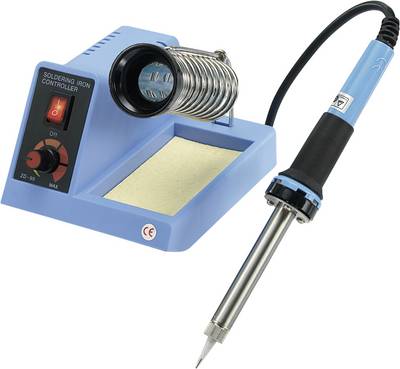
The multimeter
I use them almost every day. Whether it’s to test the continuity of contacts, voltage levels on a circuit or the presence of current.
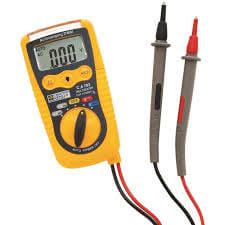
Pliers
flat-nose pliers, cutting pliers, round-nose pliers, stripping pliers and, why not, insulation crimping pliers.
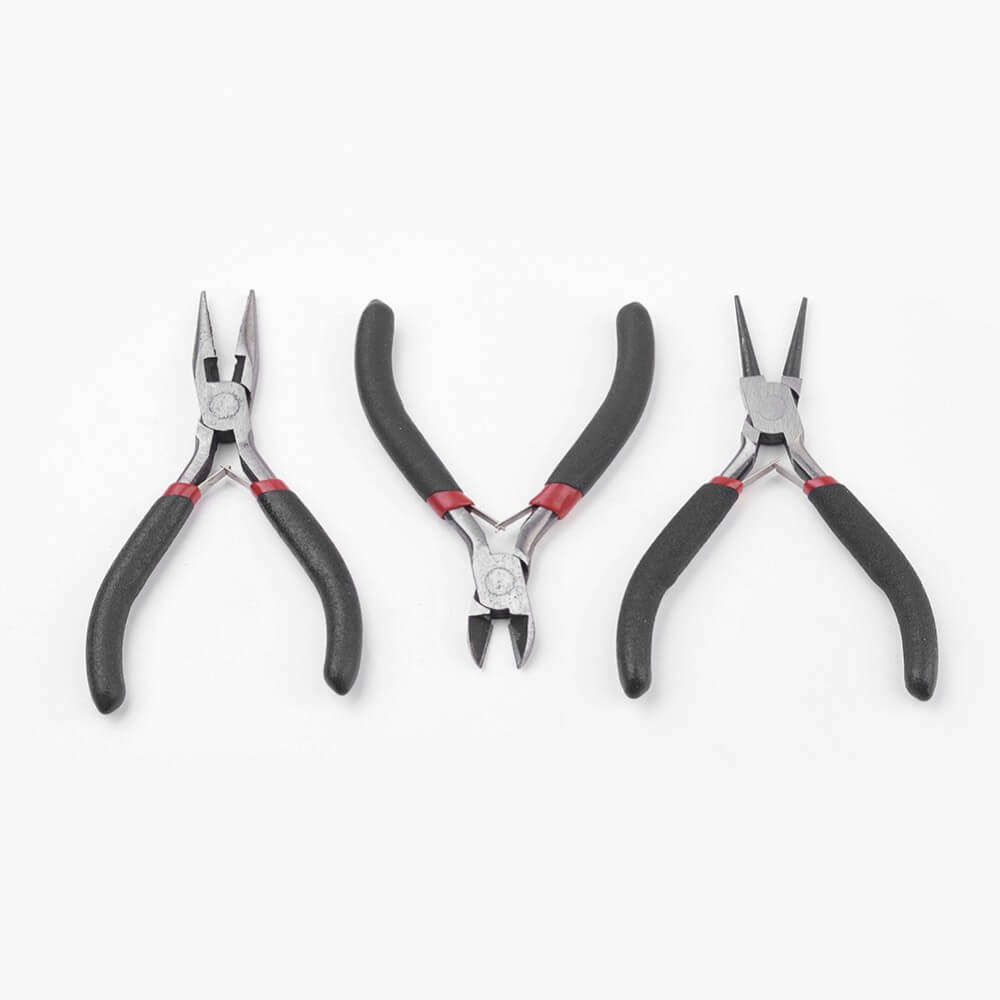
Knife or box cutter
to scratch tracks, remove bits of material from wood or plastic, open parcels… I don’t know, I use it a lot.
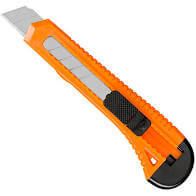
Cables and connectors
Cable spools with different cross-sections. Choose a collection of connectors (JST, MOLEX, etc.) and order different types (number of channels, male, female, etc.).
Power supply
Make sure you have batteries of different voltages. The best is to have one, or several, adjustable power supplies on which you can have 3.3V, 5V, 12V and in the best case 24V.
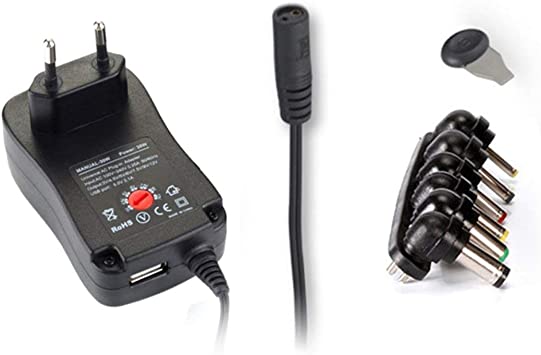
Not necessary but can be useful
Desoldering iron
The desoldering iron can come in very handy if you do a lot of recovery (or a lot of mistakes 😉 ).
Oscilloscope
An oscilloscope is used to observe, analyze and record electrical signals. It can be useful when you want to have a good understanding of the behavior of the components you use.
Don’t hesitate to comment on the tools you use regularly for your various tricks.
